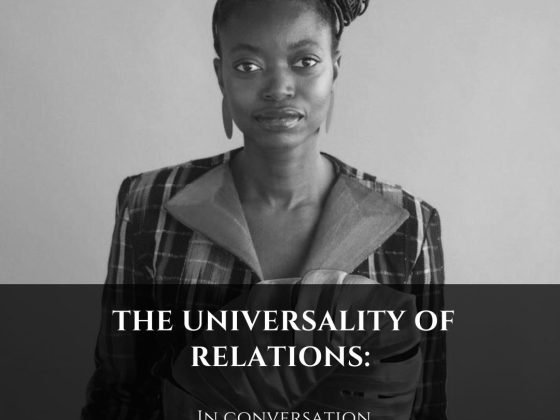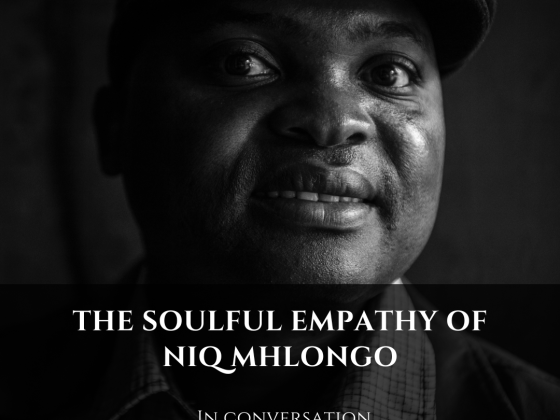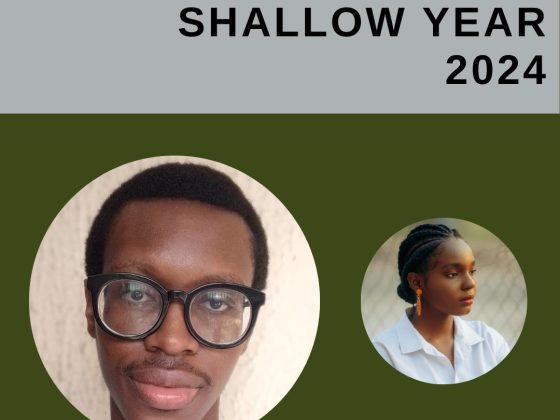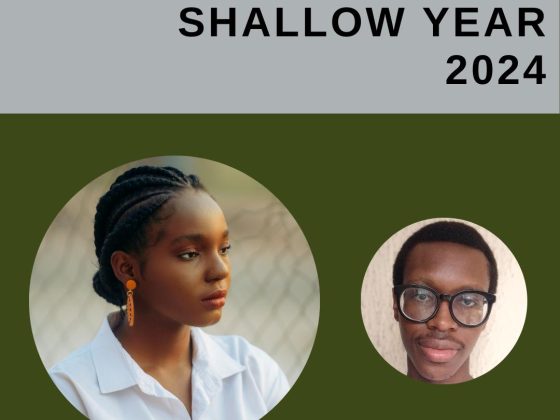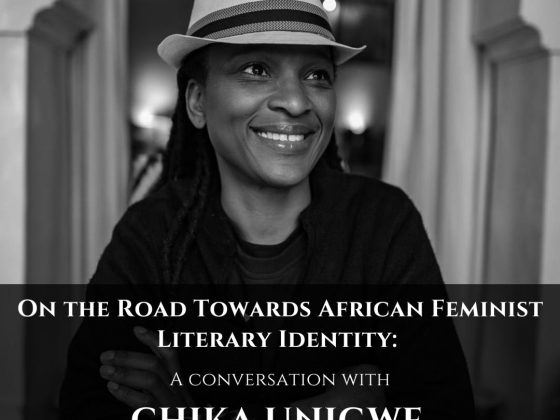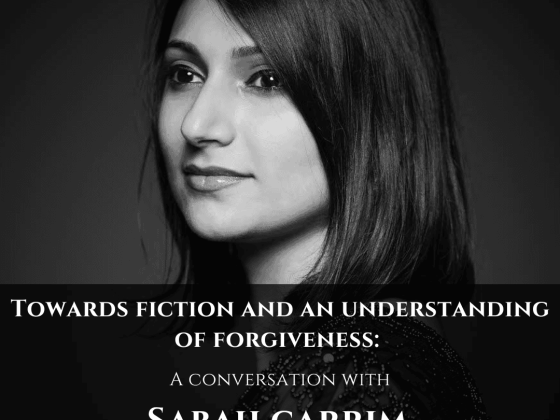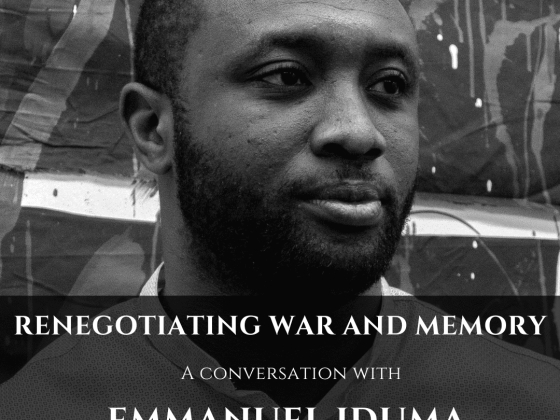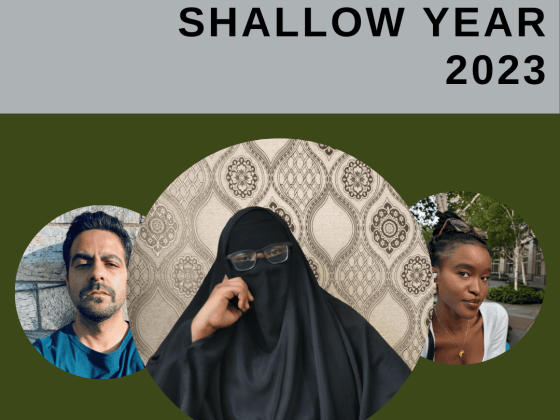
Sheriff Ogundele
INTERVIEWER: NZUBE NLEBEDIM
NN: There have been disputes on the necessity of parsing literature as a practice and form into different geographical divisions. What’s your position on African literature today in relation to other literatures of the world?
SO: I would say African literature has become bleached under the white lights lexically & philosophically. While there may have been attempts to reduce mosaic to motif as regards identity, “African writing” as a term of exceptionalism remains rather the stuff of janusian ambiguity. The place of African Writing is the changing room: genres still chasing the tides of the times, philosophic implications hobnobbing the gatekeepers to describe the works of the macroscopic few.
NN: Many questions are raised on the identity of the African writer. There are the problematics on the identities of the African writers and writers from Africa. Ibrahim Anifowoshe threw more light on this in his essay “Who is the African Writer?” This puts the very abstract term “African literature” in some sort of confusion, if I may use the word. What’s your thought on this?
SO: It depends on who’s doing the tagging. From the colonialist you get a sense of otherisation, a reflex suspicion of subtle out-group bias and effacement. From the locals, one tears off the strip of possessiveness. As always the issue of semantics ushers in a relativism that seldom present for macrophagy. Intellectual Good Faith becomes a necessity, because as much as we want to accurately document our history without the paint-taint of self-serving bias, mistruth, untruth & pseudo-truth, we want to allow for trust in the goodwill of second or third party contributors. It’s up to the inhabitants of a place to write vividly and authoritatively of their physical & mental geography. If they do this enough & promote enough, separating the real from the fabricated won’t be a leather meat contention.
NN: I’m aware a number of craftsmen and writers are influenced by a number of factors. While some attribute it on a Muse, some simply find ways to influence themselves. What would you say is your motivation to write and create?
SO: Psychic restlessness, chaos, the need to have my pound of flesh from the world. I chase chaos in order to write. Creativity for me is hanging on the resultant thread between pulling sanity and insanity apart. Chaos is the heat that generates the convection current for the creativity soup to keep stirring.
NN: Your 2017 chapbook, From a Sniper’s Perspective. Tell us about this work.
SO: Simply put, FASP is a book of quotes of many colors, sage-styled reflections, and economy poems. The length of the individual works draw from a self-defined revision of the philosophical tool, Ockham’s razor: “if in a line I can bring the core to the fore, why should I add some more?”. The writings feature a chrestomathy of themes & emotions ranging from the side-splitting to the brooding.
NN: As a Yoruba Muslim, would you say your background affects your work in any way?
SO: The philosopher Ludwig Wittgenstein pretty much said it all, “the limits of my language are the limits of my language.” Or something around those lines. I would say that my mother tongue only winks through the blinds of English Language, but I don’t think the question is a matter of linguistic range as much as the ideological imports. Thus, I would maintain that my tribal indentures are negligible, while my religious persuasion relatively has a firmer chokehold on my weltanschaung.
NN: What inspired the word “Anonymous”?
SO: So here’s the crazy part: I don’t know. It came about during my time in the medical wilderness, hungry on yet another afternoon. For the detective minds, it’s a pointer to low self-esteem, oleaginous self-image (perhaps this may have held true with some regress of time) but I would conjecture they spotlight the evasive soul signature of me or what springs forth.
NN: You published The Democracy of Flowers on Litireso last year. Would you throw some light on the work and its artistic offerings?
SO: As the blurb goes, “it’s a celebration of life & love between me and a now-departed lover that leaves nothing out as the good, the bad and the threatening of co-participating in one another’s lives are baldly affirmed.” At the time, it was purposive as a calcyfying agent of a shared bond, but now serves as a historical document to be regarded with part-painful & part-joyful nostalgia. In The Democracy of Flowers is a collection of poems crafted by hands, stitched with soft light. It is my heart at its bearest.
NN: What is your opinion on the growing ennui felt by new, talented up-and-coming writers in Africa, Nigeria specifically, who can’t seem to get their works out to the far world because publishers just refuse to invest their money on “rookies”?
SO: I would say that they literally take their literal destiny into their hands by self-publishing
NN: Should we be expecting any new works soon? And would you care to divulge a title?
SO: I have a genre-bending book of invented words & quasi-commentary/exegesis in the offing titled Dyslexicon. Keep your eyes peeled.

